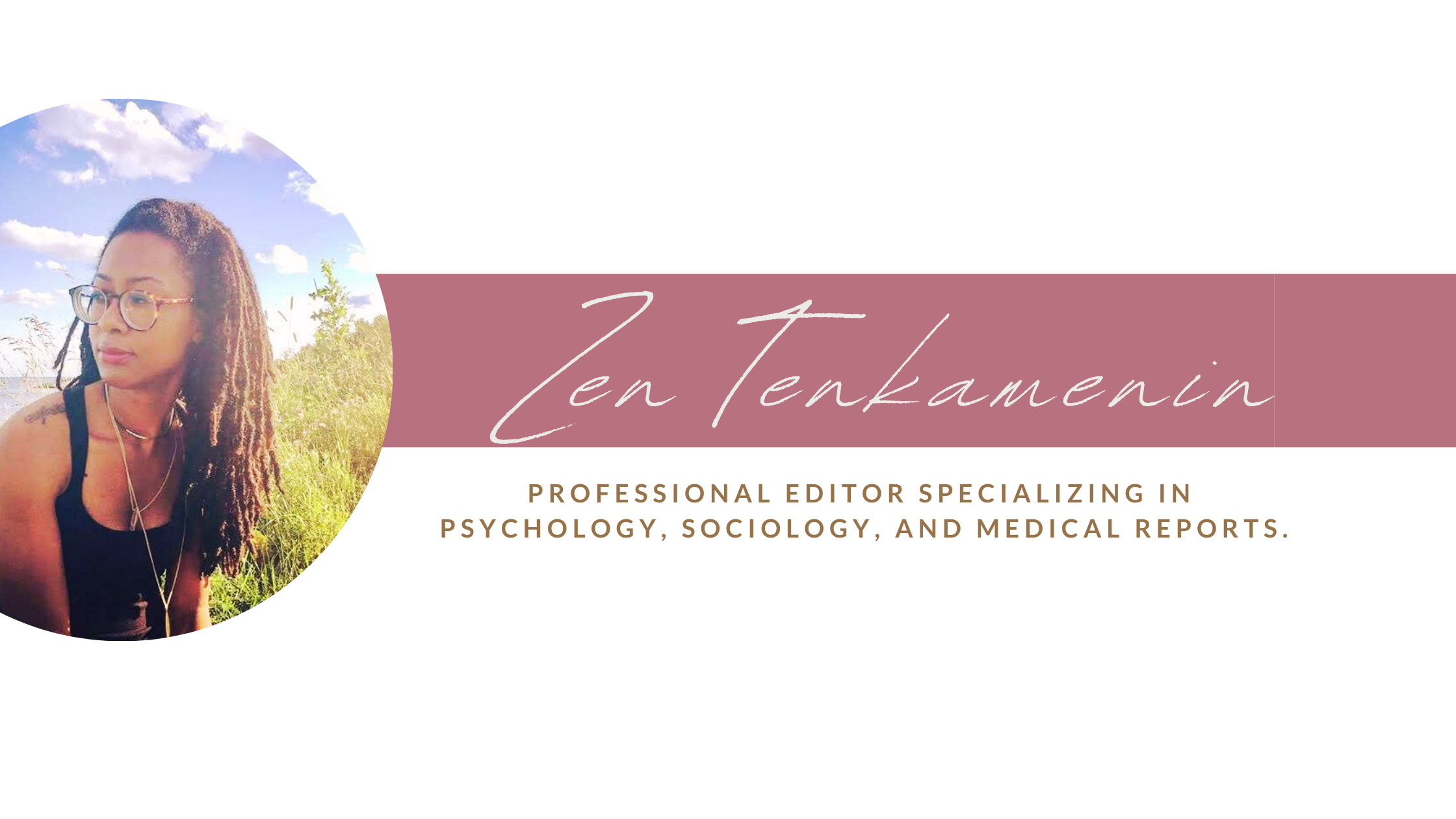How Trauma Affects Adult Relationships
We don’t always realize how much our childhood shaped us—until patterns start appearing in our adult lives that we can’t quite explain. Sometimes it shows up in how we respond to stress or criticism. But it’s especially loud when it comes to love, connection, and trust.
If you grew up walking on eggshells, being silenced, dismissed, or neglected, you might now find yourself doing one—or all—of the following:
💔 Fear of Abandonment
You constantly worry that people will leave—even when they haven’t shown any signs of pulling away. You might overthink texts, replay conversations in your head, or spiral into anxiety when someone becomes distant. Silence doesn’t feel neutral; it feels like punishment. And any sign of disconnection can feel like confirmation that you’re “too much” or “not enough.”
🙏 People-Pleasing
You go out of your way to keep others happy, even when it costs you your peace. Saying “no” feels like a betrayal, and disappointing someone fills you with guilt. You may confuse your worth with your usefulness—and struggle to accept love unless you’re earning it.
🧱 Emotional Unavailability
You keep people at arm’s length—not because you don’t care, but because closeness feels risky. Vulnerability can feel like exposure, and you’ve learned to stay guarded. Sometimes, you might even choose unavailable partners because their emotional distance feels familiar—and therefore, safer.
👀 Hypervigilance
You’re always on alert. You pick up on tone shifts, facial expressions, and silences others barely notice. Your nervous system has been trained to scan for danger—even in safe spaces. You might anticipate rejection before it happens, and feel exhausted from always being “on.”
These behaviors aren’t character flaws.
They’re survival strategies.
Why It Happens
As children, we adapt to feel safe.
If safety meant avoiding someone’s anger, withholding your emotions, or making yourself small—you did what you had to do to survive. You learned to predict moods, keep the peace, and internalize blame, even when it wasn’t yours to carry.
But those protective habits don’t disappear just because we’ve grown up.
They follow us—into our friendships, our romantic relationships, our parenting, and even our relationship with ourselves.
They might show up as:
- Over-apologizing
- Shutting down during conflict
- Trying to “fix” emotionally unavailable partners
- Feeling guilty for taking up space
- Sabotaging intimacy when things feel “too good”
It’s not that we want chaos.
But chaos can feel familiar.
Without realizing it, we sometimes recreate the emotional environments we grew up in—because a part of us still believes that’s what love looks like.
The Cost of Unhealed Trauma
Left unaddressed, childhood trauma can shape how we attach to others, how we set boundaries (or don’t), and what we believe we deserve. It can show up in cycles of burnout, self-sabotage, or staying in unhealthy relationships out of fear.
It’s exhausting to live in survival mode when your body still thinks the danger hasn’t passed.
But here’s the truth: healing is possible.
And it doesn’t require perfection—just presence.
How to Start Healing
There’s no quick fix. But there is a path forward—one step at a time.
✅ Notice Your Patterns
Start by paying attention. What kinds of people are you drawn to? What arguments feel like déjà vu? What situations trigger intense reactions that seem “bigger than the moment”?
Curiosity is your compass—not shame.
✅ Seek Therapy
Trauma-informed therapy can help you connect the dots between your past and present—and gently guide you toward change. Therapy isn’t about blaming the past; it’s about freeing yourself from it.
There’s strength in asking for support.
✅ Set Boundaries
Not everyone deserves access to you.
Practice saying “no” without apology and “yes” without guilt.
Boundaries aren’t punishments—they’re protection.
They say: I respect myself enough to choose what energy I allow into my life.
✅ Practice Secure Attachment
Whether it’s through journaling, therapy, or safe relationships—start giving yourself what you once needed. Talk to yourself with gentleness. Sit with discomfort without abandoning yourself. Choose people who make you feel seen, not small.
Final Thoughts
Healing doesn’t mean you’ll never get triggered again.
It means you’ll recognize when you are—and respond with self-compassion instead of self-abandonment.
Your trauma isn’t your fault.
But your healing is your responsibility.
You don’t have to carry what happened forever.
You can rewrite your story.
You can choose love that feels safe.
You can break the cycle.
You’re not alone.
And your healing journey doesn’t have to be, either
➡️ Related: The Loneliness of Speaking the Truth
.



